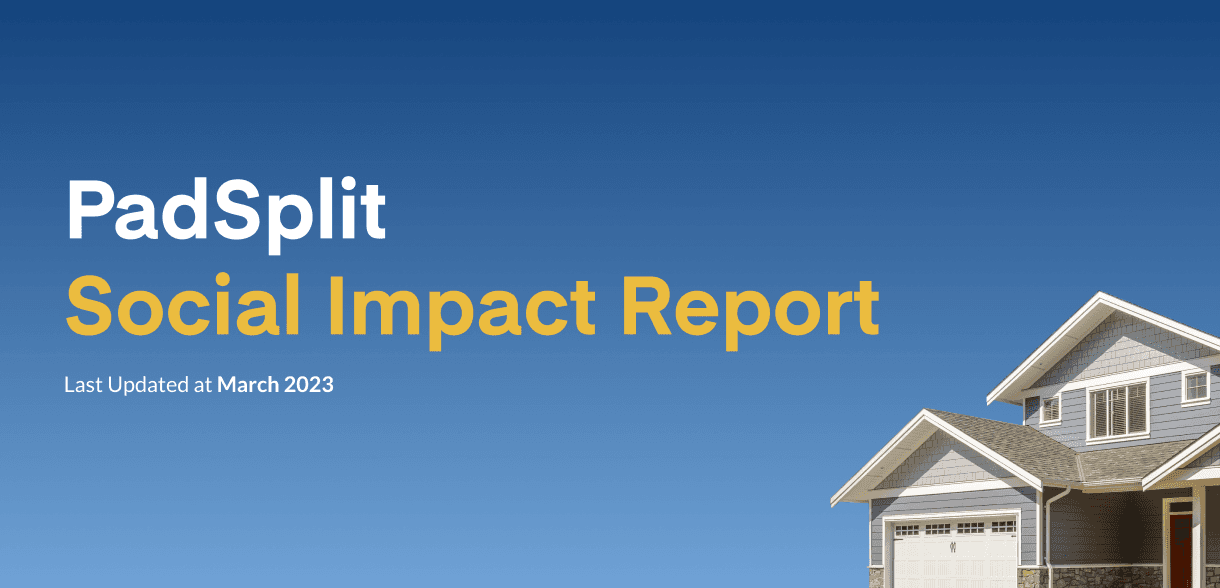Conflict resolution and de-escalation are essential skills for anyone to have, but they are especially important in shared spaces, whether it’s in the office with coworkers or in your coliving space with other roommates.
Proper de-escalation and resolution of conflicts can help reduce the general stress of living with other humans who will inevitably see and do things differently from ourselves. This makes finding cooperative solutions for handling disagreements essential.
There are a few best practices that can help to ensure the successful resolution of interpersonal conflicts. Read on to learn how to work through disagreements in your home for more positive outcomes.
Actively listen to roommates
Perhaps you’ve heard the adage that we’ve been given two ears and only one mouth for a reason. The wisdom behind this saying is that we should practice listening more than we speak. We all often mentally prepare our next point while another person is sharing theirs; instead, we should practice pausing our mental defense to focus our energy on active listening.
Active listening involves paying close attention to the other person’s words without judgment. This can be done by repeating back what has been said, asking clarifying questions, and genuinely trying to understand the other person’s point of view. Doing this will help to ensure that both parties are heard; this can help to reduce tensions because when both people are busy sharing their points of view and not pausing to reflect on what is being shared, it accelerates tensions and feelings of being unheard.
Explore what’s underneath the conflict
Another valuable practice is to be mindful of emotions. It’s important to step back from the situation and acknowledge any underlying feelings that might be fueling the disagreement. If a roommate is angered by dirty dishes left in the sink, it’s more than likely they’re not just triggered by seeing greasy plates in the kitchen – instead, they may associate dirty dishes with disrespect for their needs.
Reframing the conflict with an awareness that deeper emotions are often at play is a powerful tool. It can help avoid escalation and create an atmosphere where both parties are willing to work towards a resolution with a clearer understanding of what the true problem is.
Be solution oriented
The last best practice is to suggest solutions. While it’s important that both parties are heard, it’s also necessary to move the conversation toward an actionable solution. Suggesting solutions helps to transcend the anger and works to respect the needs of both parties as you find a mutually beneficial resolution.
New results often require new tools
When engaging these three tools, remember to be patient and respectful during the resolution process. Effective conflict resolution often requires new skills that are unfamiliar to many of us; it’s important to know that patience and a commitment to understanding the other’s person’s position can yield huge results. Often people mistake understanding another person for agreeing with them, but understanding is simply the act of saying “if I were in your shoes, I might feel the same way, too.”
While the hope is that we could always get along, the reality is that friction will arise from time to time. But with the power and simplicity of these well-established practices, you may just find that the friction is considerably less.


